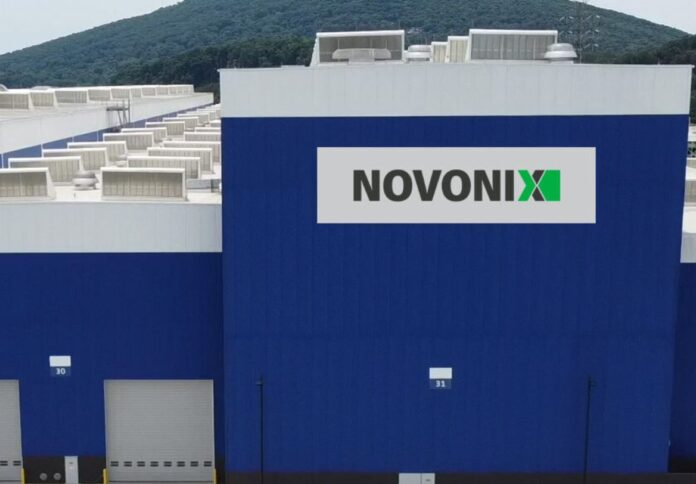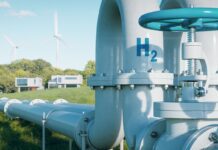
NOVONIX Limited and Panasonic Energy announced the signing of a binding off-take agreement to bolster the production of electric vehicle (EV) batteries in North America.
Under the terms of the agreement, Panasonic Energy, a manufacturer of EV batteries in North America, will procure high-performance synthetic graphite anode material from NOVONIX’s Riverside facility in Chattanooga, Tennessee.
The agreement commits Panasonic Energy to purchase a minimum of 10,000 tonnes of anode material from 2025 to 2028, with provisions for increased volumes should the need arise.
The ASX-listed company said Panasonic Energy’s decision to partner with NOVONIX underscores its commitment to expanding local production of EV batteries while concurrently reducing the carbon footprint of its supply chain.
By sourcing materials locally, Panasonic Energy aims to enhance sustainability and contribute to the goal of reducing the carbon footprint of its lithium-ion battery supply chain by 50 per cent by 2031.
The partnership between NOVONIX and Panasonic Energy has been years in the making, with initial collaboration dating back to 2019 when the companies began product sampling and testing.
As Panasonic Energy ramps up its manufacturing operations in North America, NOVONIX’s Riverside facility is poised to play a pivotal role as the region’s first large-scale producer of high-performance synthetic graphite for the battery sector.
Commenting on the agreement, Dr Shoichiro Watanabe, CTO of Panasonic Energy, expressed enthusiasm about the partnership, stating, “As we continue to grow as an EV battery leader in North America, we are thrilled about the partnership with NOVONIX, which will bring innovative technologies to key anode material.”
Dr Chris Burns, CEO of NOVONIX, echoed Dr Watanabe’s sentiments, emphasising the significance of the collaboration in advancing clean energy solutions.
“Off-take agreements with high-quality partners such as Panasonic Energy solidify NOVONIX’s position as a leader in onshoring the supply chain of synthetic graphite and accelerating the adoption of clean energy in the industry,” said Dr Burns.

















